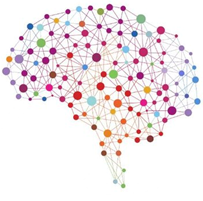Talk title: Interactions between Metacognition, Agency, and Learning
Adaptive behaviour requires appropriately learning from the consequences of our actions, so we can improve our understanding of the world, and make better choices in the future. Human voluntary action is also typically accompanied by subjective experiences, such as: feeling a certain confidence, or fluency, in a decision; or feeling a sense of control over the consequences of our actions, also referred to as sense of agency. These experiences are thought to arise from an ongoing (metacognitive) monitoring of our cognition and behaviour. We have previously shown that a sense of difficulty in decision making can lead to a reduction in our sense of agency over action consequences, revealing interactions between the subjective experiences. Yet, it remains unclear whether, and how, these subjective experiences could interact with the underlying processes of decision making and learning. Therefore, we used adapted reinforcement learning tasks to investigate how learning may be influenced by a sense of difficulty in our decisions (or low confidence), whether we can freely choose what to do, or whether we attribute certain outcomes to our actions. We additionally explored whether alterations in these processes could be linked to mental health issues, such as depression, where alterations in agency and metacognition have been described. Better understanding maladaptive (meta)cognitive patterns, and developing tools for measuring them, could help inform differential diagnosis and treatment allocation in the future.

